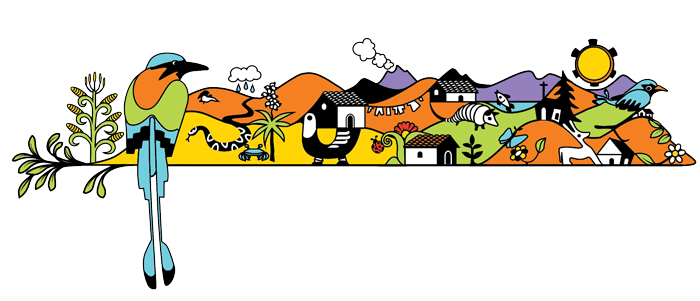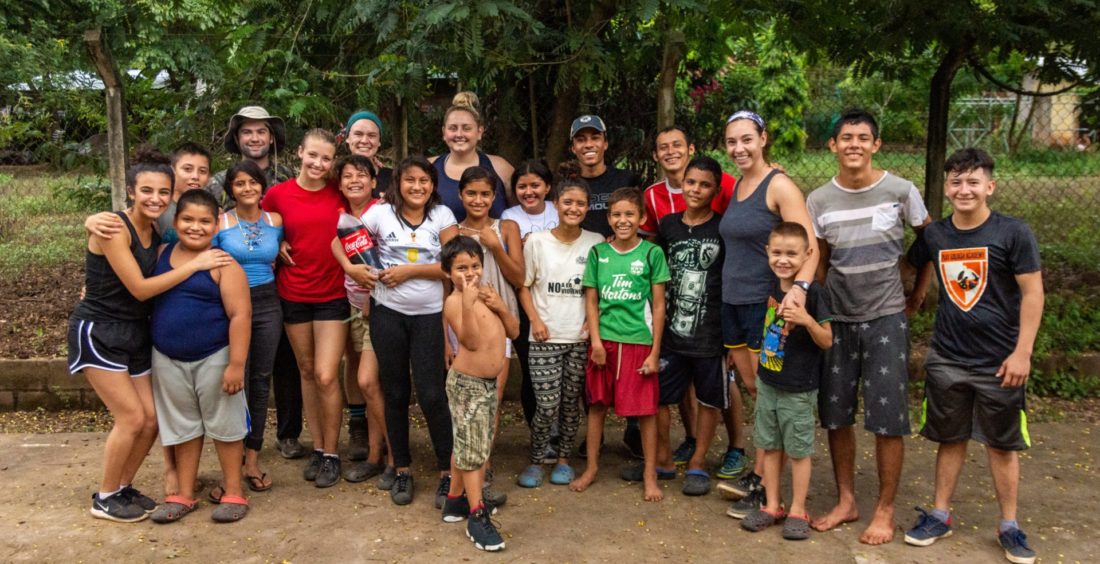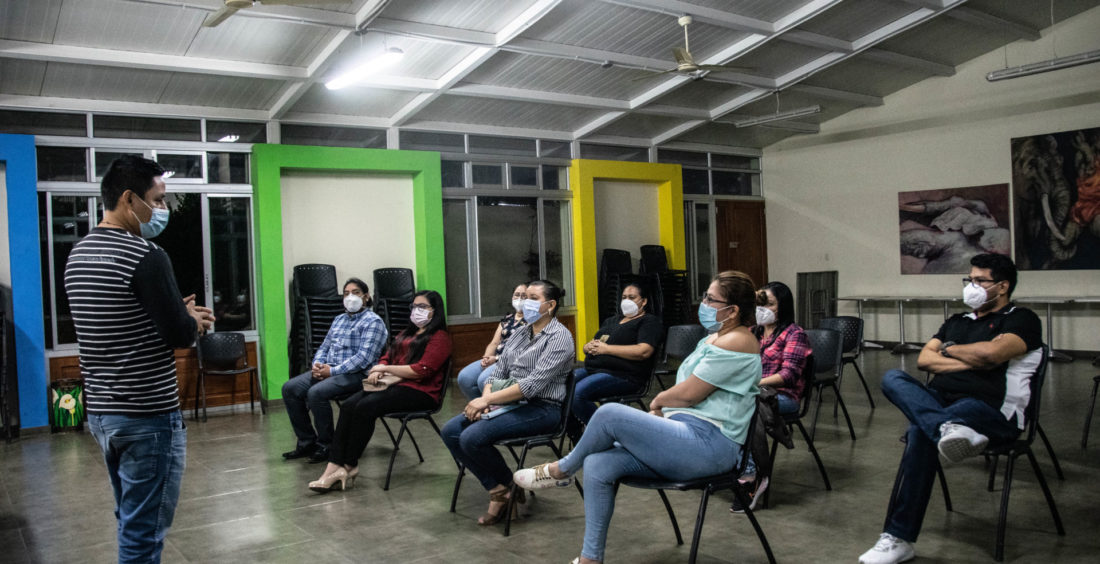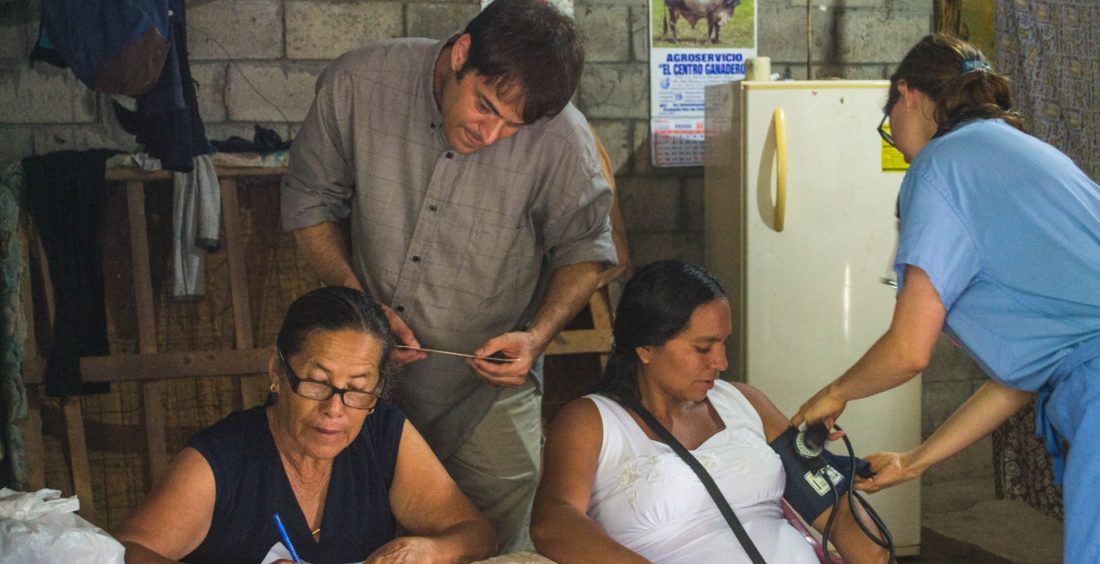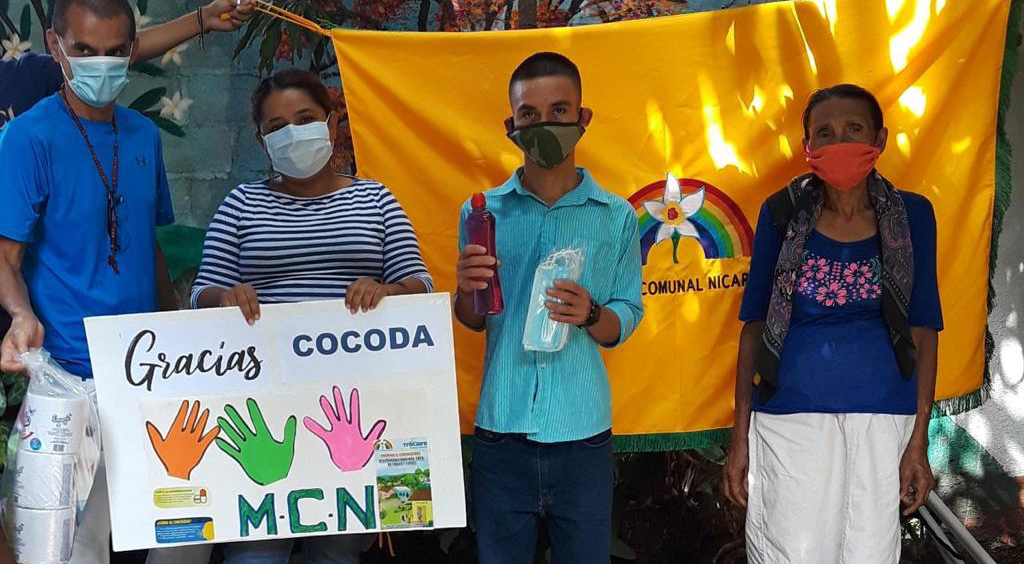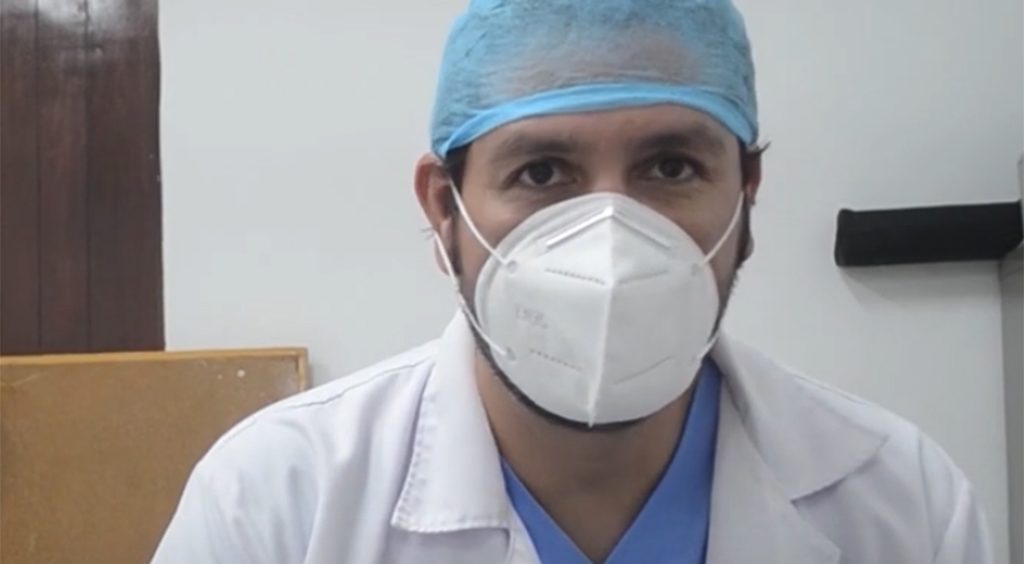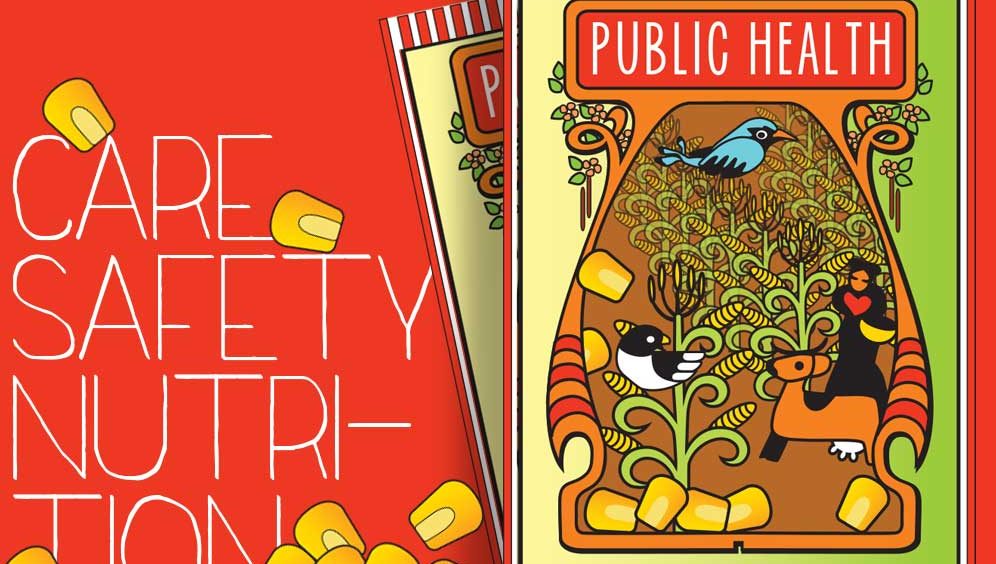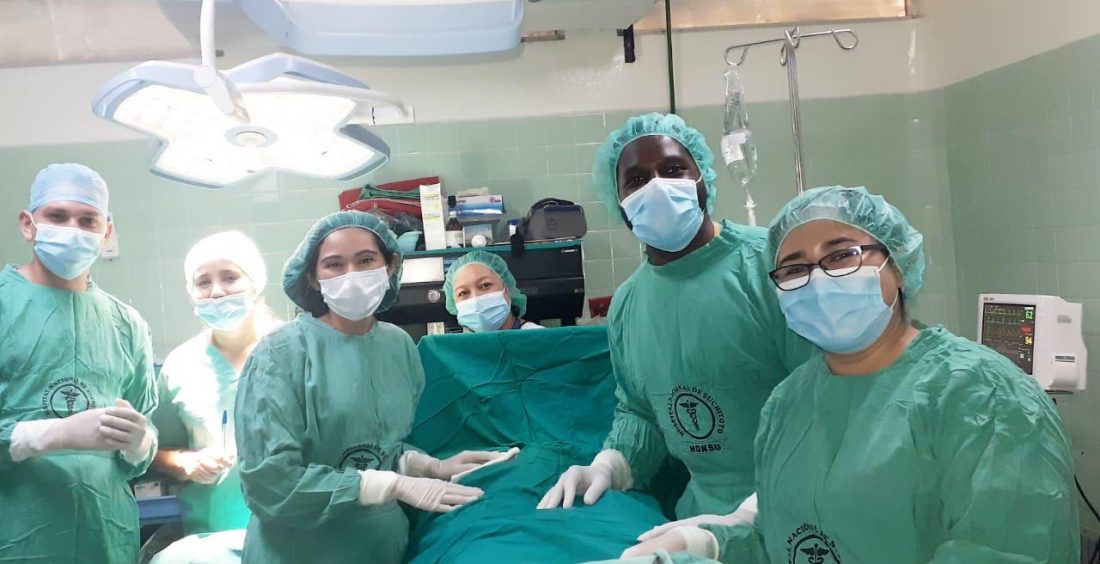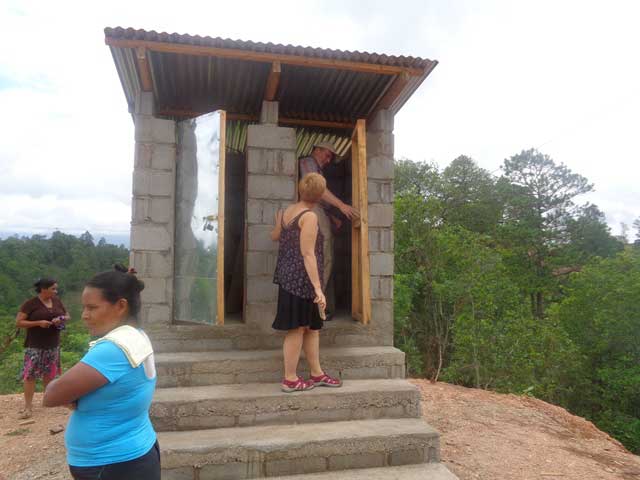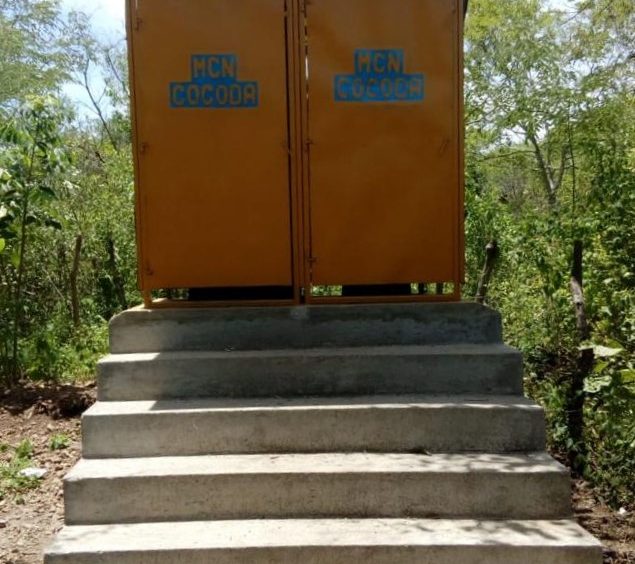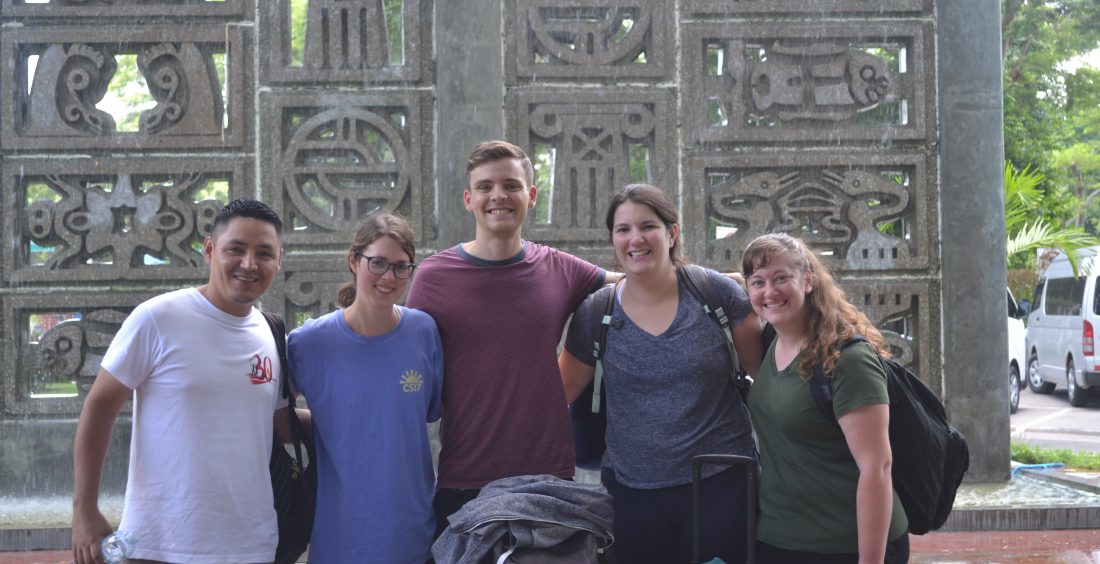In the past, we’ve often emphasized how your Christmas donation to CoCoDA would help us purchase so many bricks, books, medicines, solar panels, and other tangible items. While these are important, those objects are always connected to real people. This year, we’re asking you to donate to people and their dreams!Rosa Murillo is better known as Morena. She has been a nurse since the civil war in El Salvador. Since then, she worked as a nurse for her community, paid and unpaid.A donation...

The pandemic has changed life for all of us – in the United States and in Central America. One of the chief challenges for CoCoDA has been how to continue to meet our mission of connecting North Americans and Central Americans. We had to cancel all delegations during 2020 and 2021. With the Delta variant hitting Central America this month, we cancelled the delegations planned for January and February of 2022. These challenges have forced us to be creative in continuing to...
According to the United Nations “Midwives are the backbone of maternal health systems, as they perform tasks that go far beyond attending deliveries, they provide support to women in their most vulnerable moments and day after day, they defend the human right of women to have safe pregnancy and delivery”.Since 2014, CoCoDA has worked alongside the Suchitoto Midwives Association through the ENLACE Global Health program that brings students from the Indiana University School of Medicine to work alongside midwives providing...
In the months after the pandemic began, CoCoDA transitioned from our previous projects to supporting Nicaragua and El Salvador through the “Central American Relief Effort” (CARE) campaign.While we continue to sustain other programs, our priority has become supporting the response of our partners to this terrible virus. Through donors like you, we have distributed over $5,000 of masks, PP equipment and other resources.However, the need still exists, the danger is not over and we will continue to fight against the coronavirus. We have...
In this video, Dr. Alex Hurtado and Midwife Higinia Hernandez explain how desperately they need the resources to fight Covid-19 in Central America. In El Salvador, there have been about 22,000 “reported” cases and about 600 deaths. Nicaragua has had at least 130 deaths. These are high numbers for these small countries. There is also lots of evidence that many are dying at home and that the mortality and case rates are higher than reported.Both countries have few ventilators...
CoCoDA, in collaboration with our partners, seeks to supplement and support the dedicated healthcare workers of Central America.Our healthcare initiatives are done in conjunction and cooperation with Central American healthcare providers, seeking to increase their long term capacity instead of offering intermittent interventions. We support medical brigades only when they offer skills and services unavailable within the present healthcare system. We believe North American healthcare providers have much to learn from as well as...
Since 2012, Indiana University Department of Family Medicine faculty, residents and students have participated in a clinical and cultural immersion program in Suchitoto, El Salvador. This program offers US healthcare providers the opportunity to develop cross cultural competency and language training. In return, these students, faculty and residents work beside Salvadoran healthcare workers, learning the expertise necessary to work with underserved populations. In February, June and September, Indiana University delegates observe and serve in the Suchitoto Hospital, local clinics and with...
In 2015, CoCoDA introduced the idea of composting latrines in several communities in Nicaragua. An alternative to traditional latrines, composting latrines both protect the watershed and provide the opportunity to use the waste for fertilizer for agriculture. Initially, CoCoDA established six composting latrine demonstration sites in four different communities to introduce the approach and provide training. After visiting the sites to evaluate how the communities were using the composting latrines, CoCoDA assisted in the construction of latrines in houses with the...
Nicaragua Composting Latrine Project In March of 2018, delegations from Indiana University and West Virginia University completed the final two composting latrine demonstration sites in our six site initiative. We now have six demonstration composting latrines in four communities – Zacataloza, Cacao, La Sabanita, and Aguas Calientes. These composting latrines are being used by school children as well as community members and utilized to teach the advantages of composting latrines. In December of 2018, staff will evaluate the training regimen, maintenance and...
During September, as part of the Indiana University School of Medicine ENLACE program, four fourth-year medical students traveled to El Salvador for a family medicine rotation at the Health Center, La Mora Clinic, National Hospital, and Suchitoto Association of Midwives. They worked alongside Salvadoran doctors and the midwives three days each week. They also learned about the similarities and differences between the cultures and healthcare systems. They visited historical and cultural sites to learn about Salvadoran history and immersed themselves in...
- 1
- 2



